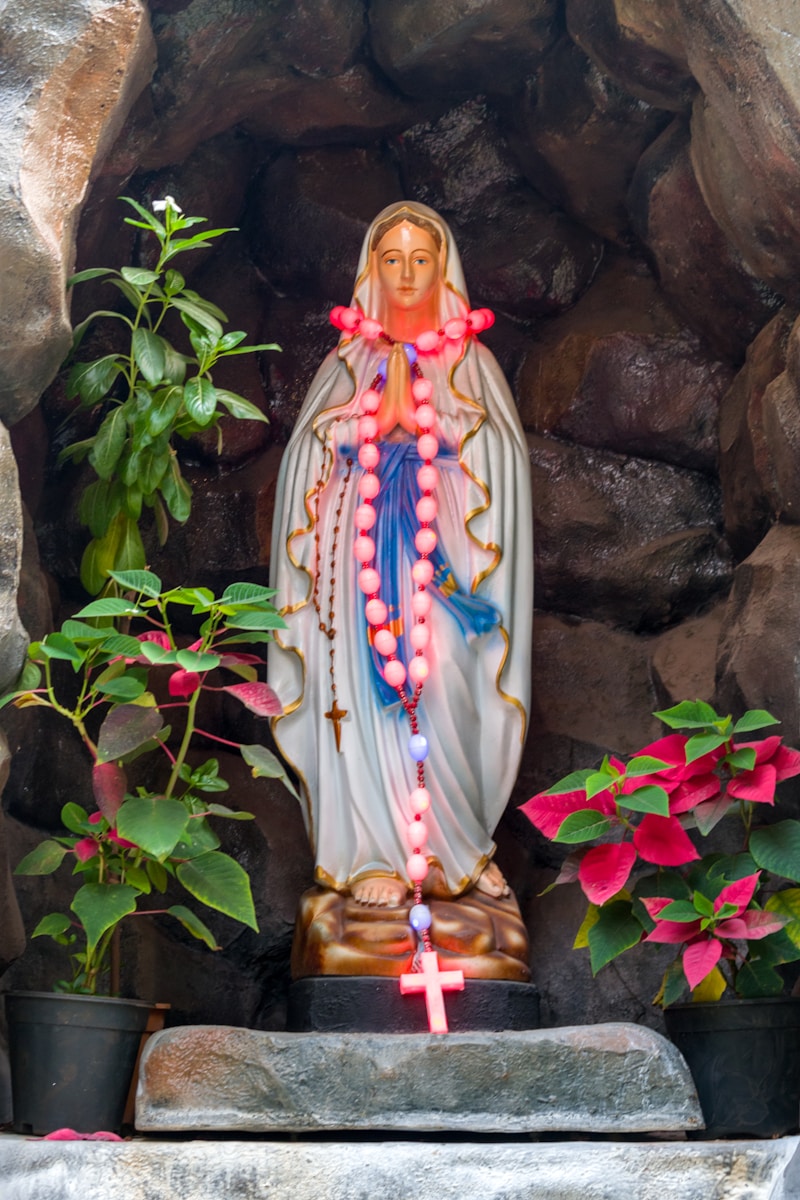Exploring the Spiritual Elements in Wedding Ceremonies: A Journey Through Love and Tradition
Wedding ceremonies are more than just a legal union; they embody deep cultural significance and spiritual beliefs that vary across different regions and traditions. In this article, we will delve into the spiritual elements of wedding ceremonies, illustrating how these sacred practices reflect the values and beliefs of couples as they embark on their journey of matrimony. From rituals to symbolism, every aspect holds a special meaning.
The Importance of Spiritual Elements in Wedding Ceremonies
Spirituality in weddings helps couples connect on a deeper level, fostering not only love but also a sense of purpose and community. It blends tradition with personal beliefs, allowing couples to create a memorable experience that resonates with their values. The spiritual elements often include prayers, readings, rituals, and symbols meant to bless the union.
Common Spiritual Elements in Different Cultures
Across cultures, wedding ceremonies feature various spiritual elements. Here are a few notable examples:
| Cultural Background | Spiritual Elements |
| Hindu Weddings | Homa (fire ceremony), Saptapadi (seven steps), Mangalsutra (sacred thread) |
| Christian Weddings | Vows, blessings from the officiant, Scripture readings |
| Buddhist Weddings | Mindfulness practices, chanting, and sacred objects |
| Jewish Weddings | Chuppah (wedding canopy), Ketubah (marriage contract), breaking of the glass |
As shown in the table, each culture infuses unique spiritual elements into their ceremonies. These rituals not only reflect faith but also strengthen the bond between the couple, their families, and their communities.
Spiritual Rituals and Their Meanings
Spiritual rituals in wedding ceremonies serve various purposes, such as blessings, protection, and unity. Here are some prominent rituals from different traditions:
1. Smudging in Native American Ceremonies
Smudging involves burning sacred herbs like sage and using the smoke to cleanse the couple and their space. This ceremony aims to remove negativity and invite positive energy, setting a harmonious tone for the marriage.
2. The Ring Exchange in Christian Weddings
The exchange of rings symbolizes eternal love and fidelity. The circular shape of the ring represents infinity, reminiscent of the couple's unbreakable bond.
3. The Kettubah in Jewish Weddings
The Ketubah is a beautifully decorated marriage contract that outlines the responsibilities of the couple towards each other. This ancient document is meant to provide protection and signify commitment.
4. The Unity Candle
In many Christian ceremonies, the act of lighting a unity candle symbolizes the joining of two families into one. Each partner lights a candle representing their individual lives, after which they combine the flames into a single candle, signifying their new union.
Symbolic Elements in Wedding Ceremonies
Besides rituals, several symbolic elements play a crucial role in spiritual wedding ceremonies. Here are a few noteworthy symbols:
1. Flowers
Flowers symbolize beauty, love, and growth. In many cultures, certain flowers are associated with specific meanings, such as roses representing love and devotion.
2. Water
In various traditions, water is viewed as a purifying element. In some ceremonies, couples might partake in a water ritual to symbolize their commitment and connection, akin to a flowing river that continues to grow and flourish.
3. Bread
In many weddings, bread represents sustenance and sharing. The act of breaking bread together signifies the couple’s commitment to nurturing each other throughout their lives.

Emotional Impact of Spiritual Elements
The spiritual components of a wedding can create a profound emotional experience for the couple and their guests. Incorporating these elements can lead to feelings of spirituality, hope, and love, reinforcing commitments made. These moments often become cherished memories, allowing couples and their families to feel connected to their ancestors and cultural heritage.
Choosing Spiritual Elements for Your Wedding
When selecting spiritual elements for your wedding ceremony, consider the following suggestions:
1. **Reflect on your beliefs**: Discuss with your partner what spirituality means to both of you. Consider how you would like your beliefs to be integrated into your ceremony.2. **Honor your heritage**: Incorporate traditions from your cultural backgrounds, even if they differ. This not only celebrates your roots but also allows for a beautiful melding of traditions.3. **Personalize your ceremony**: Feel free to create your rituals that convey your unique journey. This can be something as simple as a shared reading or a special prayer.4. **Seek guidance**: Consult with an officiant or spiritual leader who understands your beliefs and can help guide your choices, ensuring that your ceremony authentically represents your values.Conclusion
In conclusion, the spiritual elements in wedding ceremonies serve as a profound reflection of the couple's beliefs and values. From ancient rituals to modern practices, these elements help foster a deeper emotional connection between partners, bridging cultural and spiritual divides. When planning your wedding, take the time to explore these options, ensuring that your ceremony resonates with both of you and your families, creating cherished memories that will last a lifetime.
Remember, incorporating spiritual elements is not just about tradition; it is about celebrating love and commitment in a way that is meaningful to you both. Whether through prayers, symbols, or unique rituals, allow your wedding to be a true reflection of your journey together. Happy planning!